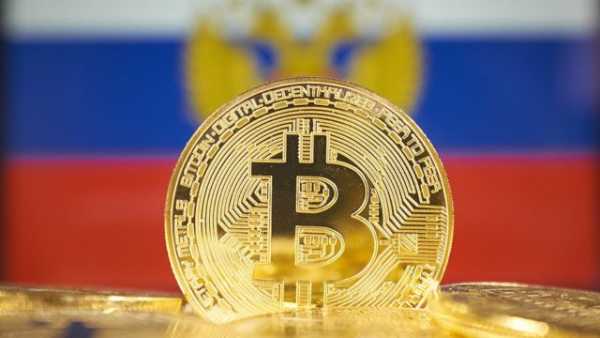Nebraska's New Mining Rules: Infrastructure Protection or a Soft Ban in Disguise?

Nebraska lawmakers just approved House Bill 526 (LB526), which while not explicitly anti-Bitcoin, could have far-reaching implications that leave no room for neutrality. By a unanimous 49-0 vote, the legislature sent the bill to Governor Jim Pillen, who is expected to sign it. Supporters describe it as a smart infrastructure bill. Meanwhile, Bitcoin miners see it as a slow exit.
On paper, LB526 targets large electricity consumers. In practice, however, it singles out bitcoin mining facilities with a load of one megawatt (MW) or more and imposes operating restrictions that seem more like a penalty than a sensible policy.
Cost shifting, public condemnation and cuts
At the core of LB526 is the mandate that miners must bear the cost of any infrastructure upgrades needed to meet their needs. Utilities have the right to demand direct payments or letters of credit after conducting a “load study.” While the law calls for “fairness” and non-discrimination, it’s clear who is being targeted. The only industry mentioned is Bitcoin miners.
Additionally, mining operators are required to inform utilities in advance, comply with their cooperation requirements, and, crucially, accept interruptible service. This means that miners are the first to be disconnected in the event of network congestion. The voluntary demand response typically associated with the network-friendly stance of Bitcoin mining is replaced by mandatory curtailment and arbitrary utility authority.
Furthermore, there is public disclosure of energy consumption. Utilities must publish annual energy consumption data for each mining operation. There are no other such requirements.
To its credit, the Legislature repealed a previous provision that would have imposed a 2.5 cents per kWh tax on mineral extraction. This punitive levy would have added 50% to the normal industrial rates. Such a tax would have been a clear sign of hostility. Its repeal was necessary, but not sufficient.
What remains in LB526 is a less visible but no less significant deterrent: uncertainty. Miners are already stretched to the limit and are looking for jurisdictions with predictable energy costs and clear regulations. While Nebraska is proposing infrastructure fees, forced curtailment, and regulatory lighting, other states are going in the opposite direction.
Market Reacts: Warning Signals from Miners
Industry leaders have not been silent. Marathon Digital Holdings, one of the largest publicly traded mining companies, disclosed that it has invested nearly $200 million in Nebraska and paid more than $6.5 million in taxes, warning that if LB526 passes, further expansion will likely be canceled.
Their message was clear: Nebraska was a pro-mining, pro-growth jurisdiction. But LB526 sends the message that miners are not welcome, or at best, second-class citizens in the energy economy. As one executive noted, “If the same rules don’t apply to other energy-intensive industries, it’s not an infrastructure issue, it’s discrimination.”
Others have warned that mandatory scaling replaces cooperative network services with coercion. Bitcoin miners can and do offer real-time load shedding, which stabilizes networks during peak demand. However, this offer only works if there is a market signal. LB526 turns it into an obligation.
Politics, power and public utilities
Senator Mike Jacobson, the bill’s sponsor, argued that LB526 is neutral to bitcoin. “It’s an energy use issue,” he said. But that’s hard to square with a bill that targets one category of users.
Jacobson pointed to Kearney, where half the town's power goes to a single mining facility. But rather than view that as an opportunity for an industrial customer willing to scale up or down based on the grid's needs, the Legislature opted for risk aversion and centralized planning.
In the context of Nebraska's government, this matters. Since all public services are owned by the state, the state's regulatory position is not a recommendation, but a vital one. There is no retail competition. If Nebraska starts treating Bitcoin miners as untrustworthy freeloaders rather than willing partners, miners will have no choice. Only exit.
LB526 is currently awaiting the Governor's signature. Since the bill was introduced at the Governor's initiative, it will likely be signed into law. Once passed, it will go into effect on October 1, 2025. Until then, miners must decide whether to adapt, relocate, or shut down their operations.
States like Texas, Wyoming, and North Dakota have taken the opposite path, offering tax clarity, integration into the energy grid, and legal protections. Nebraska, if placed on that list, could lose ground.
Bitcoin mining doesn't need handouts. But it does need a level playing field. LB526 imposes costs, limits flexibility, and transmits mistrust. If the goal was to
Source: cryptonews.net



